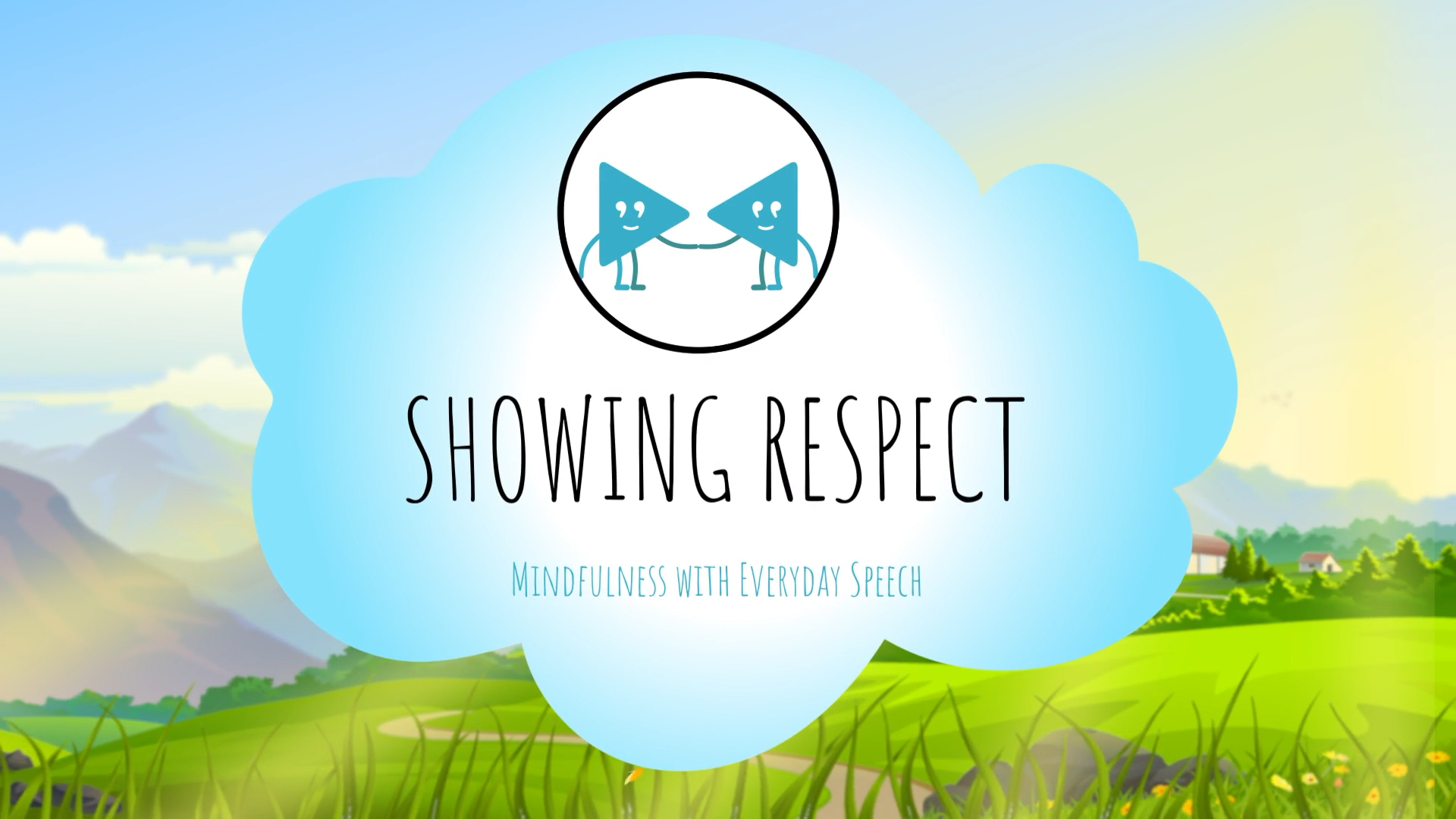
Introduction
Respect is a fundamental aspect of social-emotional learning that plays a crucial role in how we interact with others. By treating others in a way that makes them feel valued, we demonstrate respect through our words, behavior, and habits. For students in Special Education, understanding the difference between respectful and disrespectful language is essential. This blog post will explore the concept of Put-Ups (respectful language) and Put-Downs (disrespectful language), and provide a no-prep activity, discussion questions, and related skills to help educators teach respect in the classroom.
No-Prep Activity: Put-Up or Put-Down?
This activity requires no preparation or materials from the educator and aims to help students differentiate between Put-Ups and Put-Downs. Follow these simple steps:
- Have students sit in a circle or in a comfortable arrangement where they can easily see and hear each other.
- Explain that you will read a statement, and students need to decide if it’s a Put-Up or a Put-Down.
- Read a statement and ask students to raise their hand if they think it’s a Put-Up or Put-Down. Encourage them to explain their reasoning.
- Continue with different statements, allowing students to identify and discuss the respectful or disrespectful language.
- Wrap up the activity by discussing the importance of using Put-Ups in everyday interactions to show respect for others.
Discussion Questions
- Why is it important to use Put-Ups instead of Put-Downs when speaking to others?
- Can you think of a time when someone used a Put-Down towards you? How did it make you feel?
- How can we practice using Put-Ups more often in our daily conversations?
- What are some strategies for responding to Put-Downs in a respectful manner?
- How can using Put-Ups help to create a more positive and inclusive environment in the classroom?
Related Skills
Besides understanding and practicing respectful language, other relevant skills for students in Special Education include:
- Active listening: Being attentive to others when they speak and showing empathy.
- Conflict resolution: Resolving disagreements in a respectful and constructive manner.
- Empathy: Understanding and sharing the feelings of others.
- Self-awareness: Recognizing one’s own emotions, strengths, and weaknesses.
- Collaboration: Working effectively with others to achieve a common goal.
Next Steps
Now that you have learned about teaching respect and Put-Ups to students in Special Education, it’s time to take the next step in your journey as an educator. Sign up for free samples of the discussed skill and others at Everyday Speech. These resources can help you further develop your students’ social-emotional learning and create a more inclusive and respectful classroom environment.

